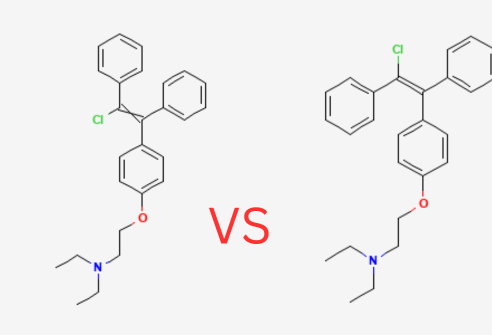Yes, nicotine can lower testosterone levels, as research suggests that it may negatively affect hormone production and regulation. While the extent of the impact can vary depending on factors such as the amount of nicotine consumed and individual health, the evidence indicates that nicotine use can interfere with the body’s natural testosterone balance. For men, maintaining optimal testosterone levels is essential for overall health, energy, and well-being. In this article, we will explore the relationship between nicotine and testosterone, including the mechanisms involved, health implications, and strategies to mitigate the effects.

The Relationship Between Nicotine and Testosterone
Several studies have examined the link between nicotine use and testosterone levels. Research suggests that nicotine can suppress the production of luteinizing hormone (LH), a key hormone responsible for stimulating testosterone production in the testes. Reduced LH levels can lead to a decline in testosterone output.
Furthermore, nicotine may cause oxidative stress and inflammation in the body, which can negatively impact the endocrine system and testosterone production. This is also similar to how other drugs like alcohol, Adderall, and kratom negatively affect your testosterone levels. Some studies also indicate that long-term nicotine use may lead to structural damage to the testes, further impairing hormone production.
However, the evidence is not entirely conclusive. While many studies highlight a negative relationship between nicotine and testosterone, others suggest that the effect may be more nuanced and influenced by factors such as the duration and amount of nicotine use, as well as individual genetic predispositions.
Mechanisms of Nicotine’s Impact on Testosterone
Nicotine affects testosterone levels through several mechanisms:
- Hormonal Disruption: Nicotine interferes with the hypothalamic-pituitary-gonadal (HPG) axis, which regulates testosterone production. By suppressing luteinizing hormone, nicotine disrupts the normal signaling required for testosterone synthesis.
- Oxidative Stress: Nicotine use generates free radicals in the body, leading to oxidative stress. This can damage cells in the testes and impair their ability to produce testosterone.
- Impaired Blood Flow: Nicotine constricts blood vessels, reducing blood flow to the testes. Limited blood supply can hinder the delivery of essential nutrients and hormones necessary for testosterone production.
- Altered Brain Chemistry: Nicotine’s impact on dopamine and other neurotransmitters may indirectly influence hormonal balance, including testosterone levels.
Health Implications of Reduced Testosterone Due to Nicotine
Lower testosterone levels can have far-reaching health consequences for men. These include:
- Reduced Muscle Mass: Testosterone is essential for muscle growth and maintenance. Lower levels can result in decreased muscle strength and mass.
- Decreased Libido and Sexual Function: Testosterone plays a vital role in regulating sex drive and erectile function. Reduced levels can lead to diminished sexual satisfaction.
- Mood Changes: Low testosterone has been linked to increased risk of depression, irritability, and fatigue.
- Bone Health Issues: Testosterone supports bone density. Men with lower levels are at greater risk of developing osteoporosis and fractures.
Nicotine use also presents broader health risks, including cardiovascular disease, respiratory issues, and an increased likelihood of developing cancers, compounding its negative effects on overall health.
Strategies to Mitigate Nicotine’s Impact on Testosterone
For men concerned about the potential impact of nicotine on testosterone levels, several strategies can help mitigate the effects:
- Quit Nicotine Use: The most effective way to protect testosterone levels is to quit smoking, vaping, or using other nicotine products. Resources such as counseling, nicotine replacement therapy, and support groups can aid in the quitting process.
- Adopt a Healthy Lifestyle: Regular exercise, a balanced diet, and sufficient sleep are essential for maintaining optimal testosterone levels. Strength training, in particular, has been shown to boost testosterone production.
- Manage Stress: Chronic stress can lower testosterone levels. Incorporating stress-management techniques such as meditation, deep breathing, and time management can be beneficial.
- Monitor Hormonal Health: Regular check-ups with a healthcare provider can help track testosterone levels and address any concerns early.
Suffering from low Testosterone? Reach out to Empower Men’s Health Clinic
Nicotine can lower testosterone levels, with potential negative effects on men’s physical and hormonal health. While research continues to explore the nuances of this relationship, the evidence highlights the importance of addressing nicotine use as part of maintaining overall well-being. For men seeking to optimize their testosterone levels and improve their health, reducing or eliminating nicotine consumption is a crucial first step. If you are concerned about your testosterone levels or the impact of nicotine on your health, the experts at Empower Men’s Health Clinic can provide personalized guidance and support. Visit our website to learn more about achieving your health goals and living your best life.



